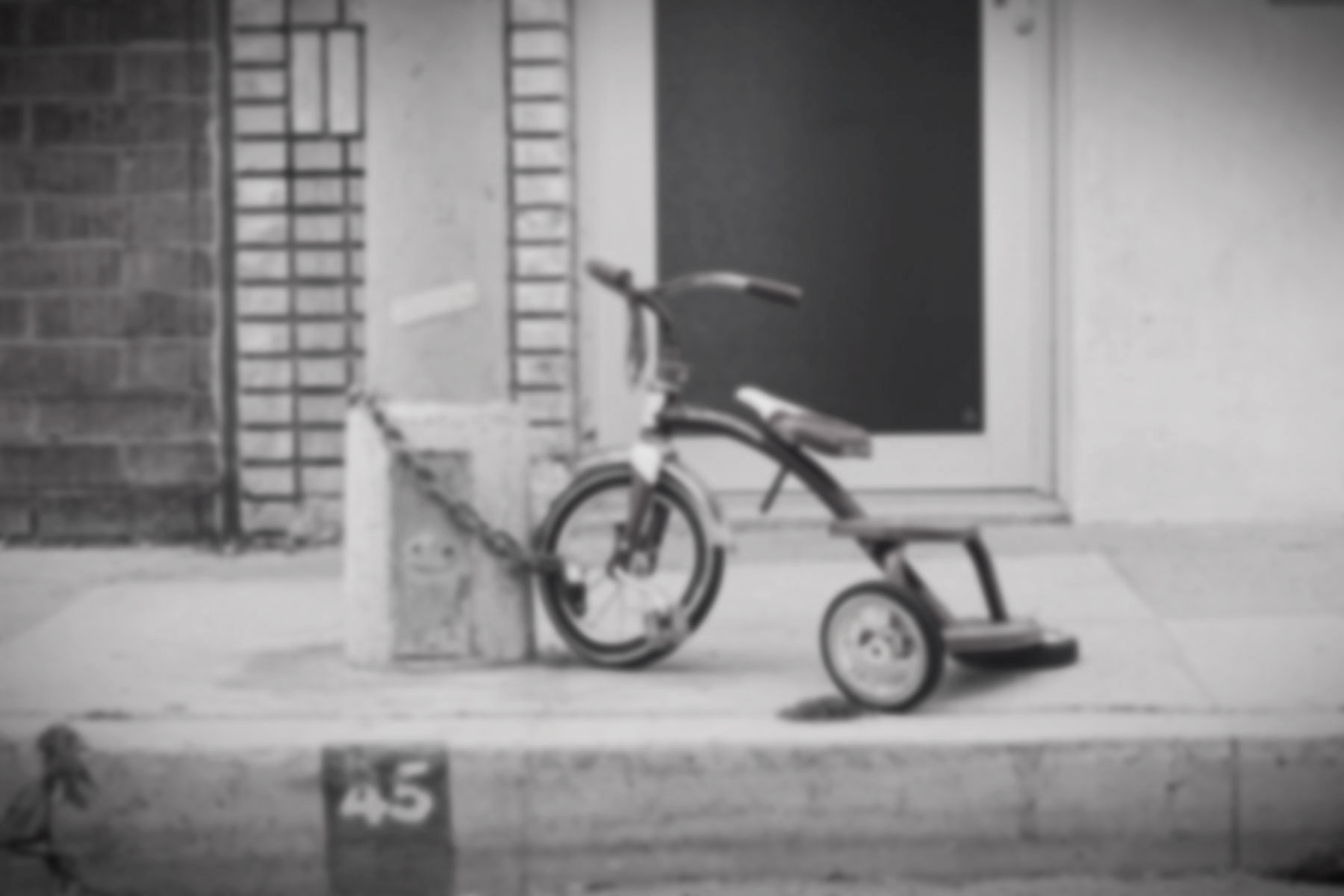Dear Annie,
I just moved to Austin after graduation from a small New England school where I rode my bike everywhere. It’s clear that bike theft is a big issue here and I definitely need to upgrade my lock. I’ve spent some time on Amazon and the web researching U-locks and I’m more confused than I was when I started. What’s the difference between a $25 and a $250 lock? What the heck do all of these security ratings mean? Help!
– Confused in Austin
Confused,
You’re hardly alone in your confusion. There’s a lot of options in the bike lock category and a lot of companies playing in the space. While I could write a full chapter on this topic, I do have a couple of basic suggestions that might help.
The first thing that we need to get out of the way is that any lock can be defeated with the enough time and the right tools. So, when you’re shopping for a lock, you’re basically looking to maximize the “time to defeat” within your budget.
When it comes to the ratings on the packaging – these are determined by the manufacturer and really only help when comparing locks from the same company. On the Kryptonite scale, we recommend a rating of 6 or higher. For ABUS, start with at least an 8. There are other rating from independent testing houses – Sold Secure, ART and Thatcham are the most popular, but little is published about their methodology or the actual testing or results of the product. So, mostly, these are useful from knowing that the manufacturers have done their diligence with independent testing agencies.
The second thing to emphasize is to never rely on a cable lock as a primary security device for your bike. Cables take only seconds to cut through with $20 bolt cutters. We see over a third of bike thefts reported to us resulting from a compromised cable. Never trust a cable under any circumstances!
I would suggest looking at U-locks or folding locks in terms of the lock design. While every design involves compromise, these offer a good balance of protection, convenience and price. Assuming you primarily will be securing your bike to a bike rack, these types of locks will generally do the trick and have seen the most engineering evolution.
In terms of price, generally there are 3 design factors which contribute to “time to defeat” – material, strength and pick defense.
Look for a lock made of hardened steel and a diameter of at least 12mm. Under 12mm and the U-lock can often be cut with large bolt cutters! From a strength perspective, you’ll want to make sure that the shackle of the U-lock “double bolts” – meaning that both sides of the “U” lock into the base. This means that the thief will need to cut the lock twice to release the bike. Another consideration is shackle length (or the length of the “U”). I recommend buying the shortest shackle compatible with locking your frame and wheel to a bike rack – this limits the space the thief has to work with. Combining these factors, our minimum lock recommendation for urban settings is the ABUS 410 Mini.
In terms of key design, you’ll want to go with a keyed lock and avoid combo locks. While combo locks are convenient, and the 9,999 possible combos sound difficult to defeat, there’s techniques that allow thieves to unlock these quickly (have a browse around YouTube if you need more convincing). Many of the higher-end locks will come with more sophisticated keys making the lock more difficult to pick, but lock picking is a pretty rare thing out on today’s streets.
Finally, convenience is also an important consideration. Think about how you’re planning to transport the lock. Will it generally be in a bag? Do you want to have it mounted to the bike? Do you plan to use it with multiple bikes? Does shaking the lock cause it to rattle and will that bother you? If your bike has water bottle braze-ons that you’re not using, we really like the mounting design of the ABUS Bordo line, it’s a very convenient mounting system, quiet and you can even order additional mounts for multiple bikes.
Hopefully this is a good start on navigating the complicated world of bike locks. I definitely recommend getting hands on with the products out there at your local bike shop and getting some additional advice from the local experts. And always make sure to register your bike so that you have everything you need to get the word out if they do defeat your lock.
– Annie
